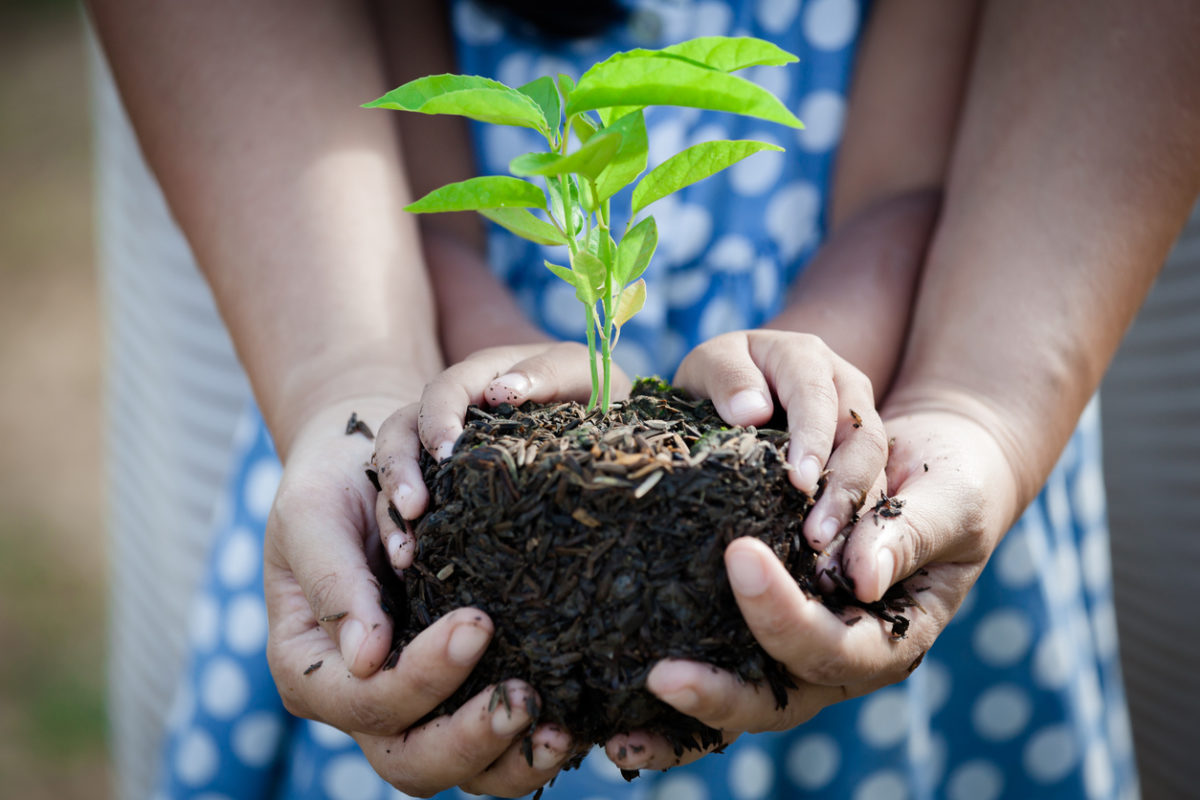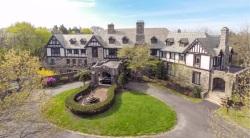
Some kids can do amazing things. We see what they can do and marvel at how advanced they are, much more than their peers. Some of these kids excel in more than one area. Their special gifts have been recognized over the years and have led many of us – parents, teachers, psychologists, and researchers, to name a few – who have stood in awe while trying to figure out just how this happens.
In an effort to better understand the nature of highly advanced abilities and performances by our young people, we needed to call it something, so we called it “being gifted.” This was the label we assigned to something we didn’t fully grasp but wanted to learn more about.
This categorizing led us to identify individual “gifts” like mathematical genius, or musical prodigy, or intellectual brilliance. They picked up ideas quickly, saw the big picture, grasped concepts immediately, used high-level vocabulary, showed appetites for reading and learning.
They showed great problem-solving, high curiosity, intense focus, great memories, strong imagination, a sense of humor, and a sense of justice and fairness.
They were clearly more advanced in some way than their peers. And we really didn’t know how to respond. Parents began to ask for extra work for their gifted children. Some parents sought extra projects or more advanced courses or some way to speed up the learning process, maybe by accelerating the grade level for their far-above-average children.
Defining Gifted
Children recognized as “gifted” commonly seem to be born with a special set of genes that which characterizes them apart from almost everyone else. They were in a class by themselves. And they would probably go farther in life than other children their age, simply because they were smarter, or really far better at something, and they would enjoy this advantage throughout their lives. They really didn’t need anyone’s help.
We used “gifted and talented” as categorical attributes which, once discovered, were considered permanent characteristics.
But the more these children were studied, the more questions came to mind. Are these gifts and talents inherited, or are they acquired? Are they based on knowledge or performance? Are they fixed or can they be developed? Do they always translate to success in life? Are there any potential problems associated with having these gifts?
Research led to the realization that many of these gifted children were “twice exceptional” or “2E,” and did indeed have problems of some kind, physical, social, psychological, or emotional. And this led to more research and a broader understanding of what gifted means.
The classroom wasn’t really ready to handle gifted children, not to mention “twice exceptional” ones. At best, extra work was given to the gifted ones, and special education counselors came in to work with the twice-exceptional ones.
The attention paid to gifted students was more directed to whatever problems they had, because being gifted often meant being bored or disengaged from traditional instruction or being resistant to studying at all. Many gifted students were misunderstood at many levels.
There was also the possibility, though no one really thought about it much, that there could have been even more gifted children in our schools that went unnoticed for a variety of reasons. Current research suggests as much.
From Gifted to Giftedness
The definition of those who express extraordinary talent or performance is changing from “being gifted” to possessing “giftedness.” It may seem like a trivial change but is actually a very significant one.
The term “gifted” refers to a static condition of having certain knowledge, skills or talents. The term “giftedness” is a description of a dynamic ability to grow and change. It reflects current research in psychology and neuroscience that says the brain has a certain “plasticity” and is constantly changing.
Giftedness and talent are now more properly thought of as individual differences that are in dynamic change across the lifespan of the individual. Given this perspective, gifted and talented behavior can appear at different points in the developmental cycle and once in evidence, may or may not continue in later life. It’s an aptitude that may or may not be fully realized.
This new definition has all sorts of implications relative to how we should view these children. Children with giftedness probably have inherited some genetic advantages but also are adaptable to growth and nurturing.
Frances Degen Horowitz, a university professor and president emerita at the Graduate Center of the City University of New York, views giftedness as a combination of “constitutional predispositions” and experience and nurturing. But he also admits that researchers don’t know very much about those predispositions.
Neural Plasticity
Dona J. Matthews is currently a visiting professor at the Ontario Institute for Studies in Education, and she supports the idea of plasticity. She focuses on exceptional learning needs that require some kind of educational adaptation (learning and growing).
She views children with giftedness as someone who is exceptionally advanced in one subject or another to the extent that some kind of educational accommodations must be made. She doesn’t like to use labels but prefers to talk about subject-specific programs that can meet advanced learning needs.
The thinking today about giftedness is that it is not about acquired knowledge but rather the capability to create and expand knowledge. It’s about superior performance.
Rena F. Subotnik is the director of the Center for Gifted Education Policy at the American Psychological Association, and she says giftedness represents abilities that are domain-specific like music, language, mathematics, chess, etc. And these abilities need to be developed through the person’s persistence, through good instruction, and through the support of parents, teachers,and peers.
Expanding Growth, Learning Opportunities for the Gifted
These researchers point out that giftedness and special abilities are often hard to detect. Many of the domains for learning don’t get explored in every school. If a child is potentially gifted in chess, she may not have access to a chess club or program, and the ability is not likely to be developed.
The same can be said of languages, music, art, the sciences or almost any subject where there isn’t enough time or resources to fully develop extraordinary abilities. Some subjects or domains lend themselves to very advanced levels of performance while others do not.
Another factor is the familiarity and expertise of the teacher, who may not be adequately trained to develop giftedness in her students.
Giftedness is recognized today as a dynamic attribute, based on of exceptional performance and achievement, that can occur at different stages of development (asynchronous), and will change over time, subject to many different influences. And its course is unpredictable.






